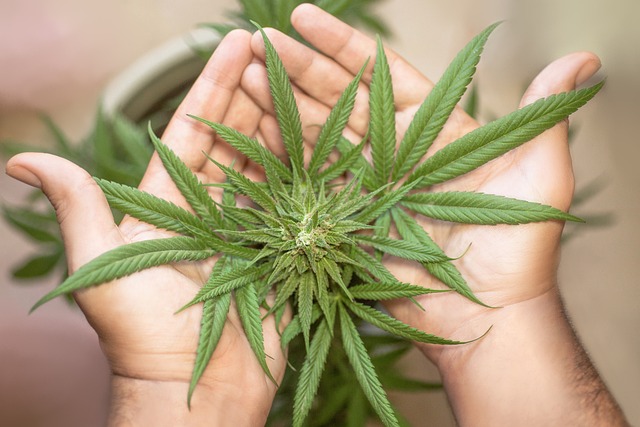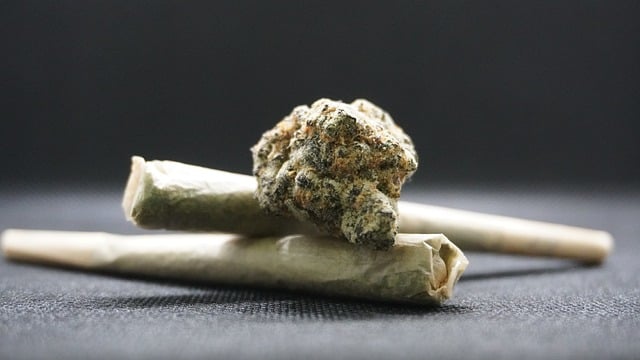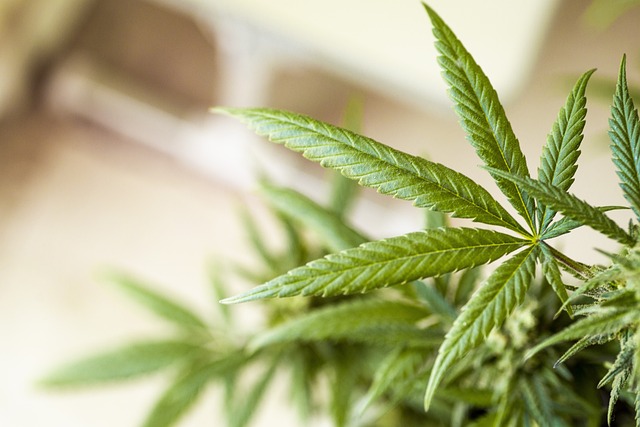Delta 9 THC gummies derived from Cannabis sativa produce a psychoactive 'high' due to their main active component, influencing perception, mood, and relaxation. They are suitable for those familiar with cannabis effects but can be intense for new users. In contrast, CBD gummies, sourced from hemp with minimal THC, do not cause psychoactive effects, making them a go-to for relief from pain, inflammation, and anxiety without altering the user's mental state. When deciding between Delta 9 THC and CBD gummies, consider your health goals, legal restrictions, and whether you want psychoactive or non-psychoactive benefits. Both options offer unique advantages: Delta 9 THC for its traditional cannabis experience and psychoactive relief, and CBD for its therapeutic properties without intoxication. It's crucial to be aware of the varying legal statuses of these products across different states and to understand that individual experiences with each cannabinoid can vary based on personal factors.
Discerning consumers increasingly seek out informed guidance on the nuances between Delta 9 THC and CBD gummies. This in-depth guide demystifies the key differences, effects, and benefits of each to help you navigate the cannabinoid landscape with confidence. From understanding the legal landscape to selecting the ideal gummy for your unique needs, this article delves into dosing, quality assurance, and the entourage effect, ensuring you’re well-equipped to make an informed decision between Delta 9 bud and CBD bud. Join us as we explore the intricacies of these cannabis derivatives, their therapeutic properties, and the future trends shaping this dynamic market.
- Understanding Delta 9 THC vs CBD Gummies: A Comprehensive Breakdown
- The Effects and Benefits of Delta 9 vs CBD Gummies: What Sets Them Apart?
Understanding Delta 9 THC vs CBD Gummies: A Comprehensive Breakdown

Delta 9 tetrahydrocannabinol (THC) and cannabidiol (CBD) are two distinct compounds found in the Cannabis sativa plant, each with unique effects and uses. THC gummies, often referred to as delta 9 bud gummies, contain Delta 9 THC, the primary psychoactive component of cannabis. This means that consuming these gummies can lead to the classic ‘high’ associated with marijuana use, characterized by altered perception, mood elevation, and relaxation. The effects of Delta 9 THC are potent and can vary based on dosage, individual tolerance, and the specific strain of cannabis used in production. Users should approach these products with caution, especially if they are new to cannabis consumption, as the psychoactive properties can be overwhelming for some.
On the other hand, CBD gummies derive from the non-psychoactive component of the cannabis plant, cannabidiol. Unlike Delta 9 THC, CBD does not produce a ‘high’ and is widely recognized for its potential therapeutic benefits, including pain relief, anti-inflammatory properties, and anxiety reduction. CBD gummies offer a discreet, easy-to-consume method for experiencing the purported wellness benefits of cannabidiol without the mind-altering effects associated with Delta 9 THC. When choosing between delta 9 bud vs CBD bud gummies, it’s essential to consider personal health goals, legal regulations in your area, and individual preferences regarding psychoactive experiences. Understanding the distinct differences between these two types of gummies allows consumers to make informed decisions that align with their needs and circumstances.
The Effects and Benefits of Delta 9 vs CBD Gummies: What Sets Them Apart?

Delta 9 tetrahydrocannabinol (THC) gummies and cannabidiol (CBD) gummies offer distinct experiences due to their unique compounds. Delta 9 THC gummies are known for their psychoactive properties, which can induce a euphoric high, alter perception, and provide pain relief, among other effects. These gummies are ideal for those seeking the traditional cannabis experience, as they offer a full range of effects associated with the plant. In contrast, CBD gummies, derived from hemp, contain little to no THC and are non-psychoactive. They interact with the body’s endocannabinoid system, promoting overall wellness without the mind-altering effects. Users may turn to CBD gummies for their potential benefits in managing anxiety, improving sleep quality, and reducing inflammation or discomfort, without the impairment associated with Delta 9 THC products. The choice between Delta 9 THC and CBD gummies largely depends on the desired effect: the former for those looking to experience psychoactive benefits, and the latter for those seeking the therapeutic properties of cannabinoids without intoxication. Understanding the legal landscape and individual state laws is crucial when considering both options, as regulations can vary significantly. Consumers should also be aware of their body’s reaction to these compounds, as individual experiences with Delta 9 THC and CBD can differ based on metabolism, tolerance, and personal physiology.
Delta 9 THC and CBD gummies offer distinct experiences, each with unique effects and benefits. For those seeking the intoxicating effects associated with Delta 9 THC buds, gummies provide a convenient and discreet method for consumption. Conversely, individuals looking for the therapeutic properties of CBD buds can turn to gummies for a controlled and enjoyable dosage experience. Understanding the differences between these two cannabinoids is crucial for consumers to make informed decisions based on their preferences and needs. As with any wellness product, it’s essential to adhere to recommended serving sizes and consult with healthcare professionals when incorporating Delta 9 or CBD gummies into your routine. With this guide, users are now equipped with the knowledge to discern between Delta 9 THC and CBD gummies, ensuring a safe and enjoyable experience.
